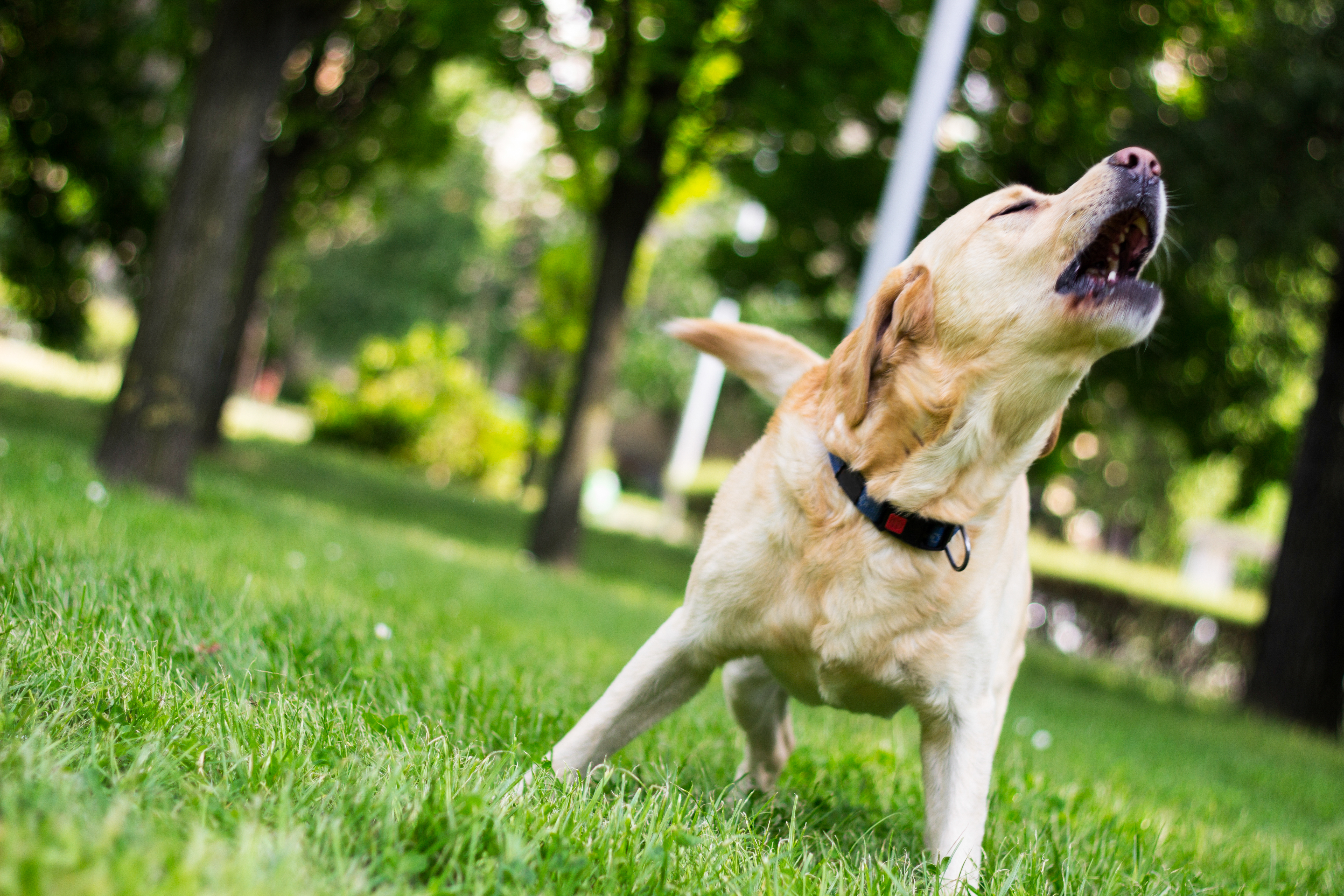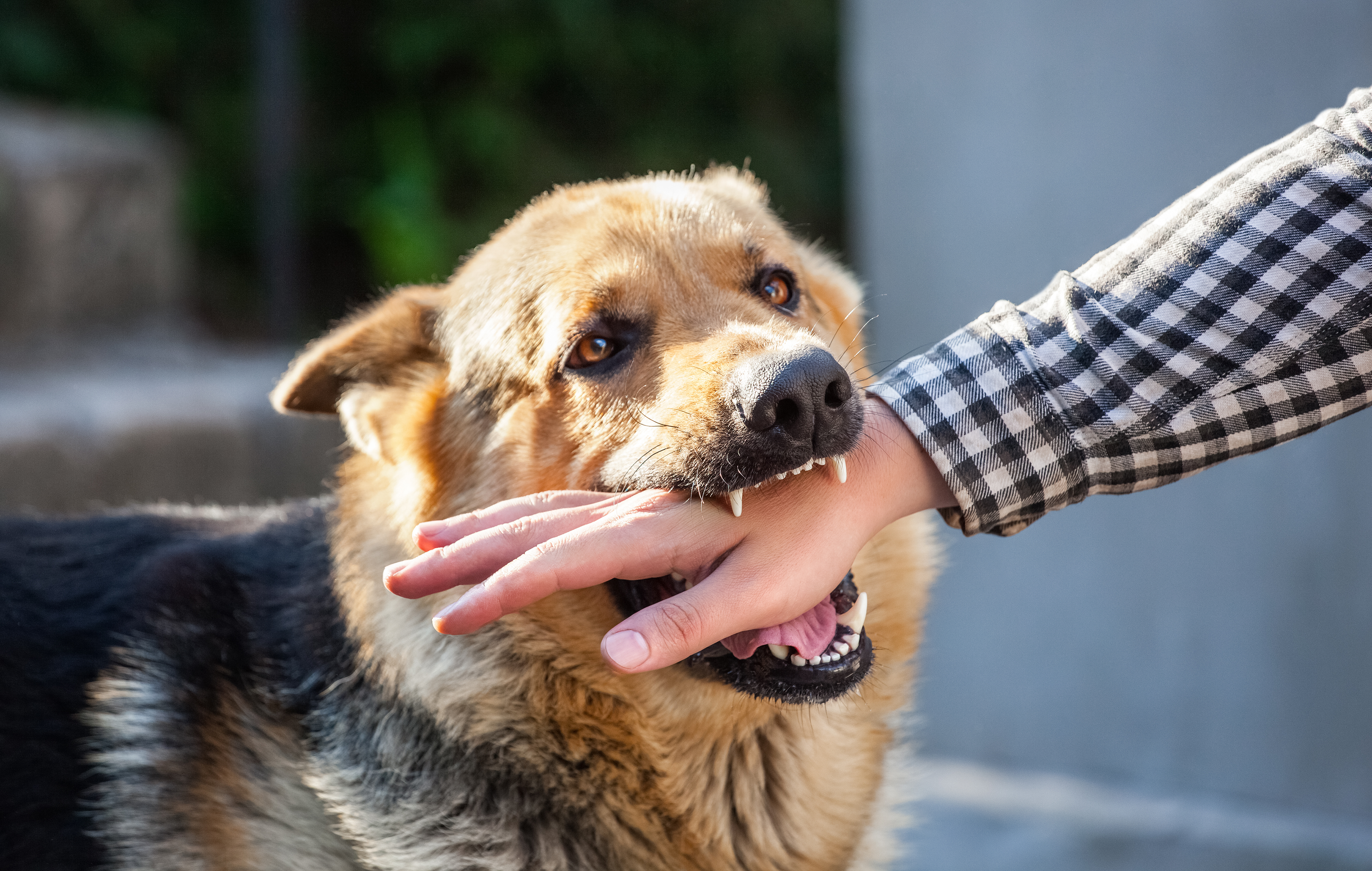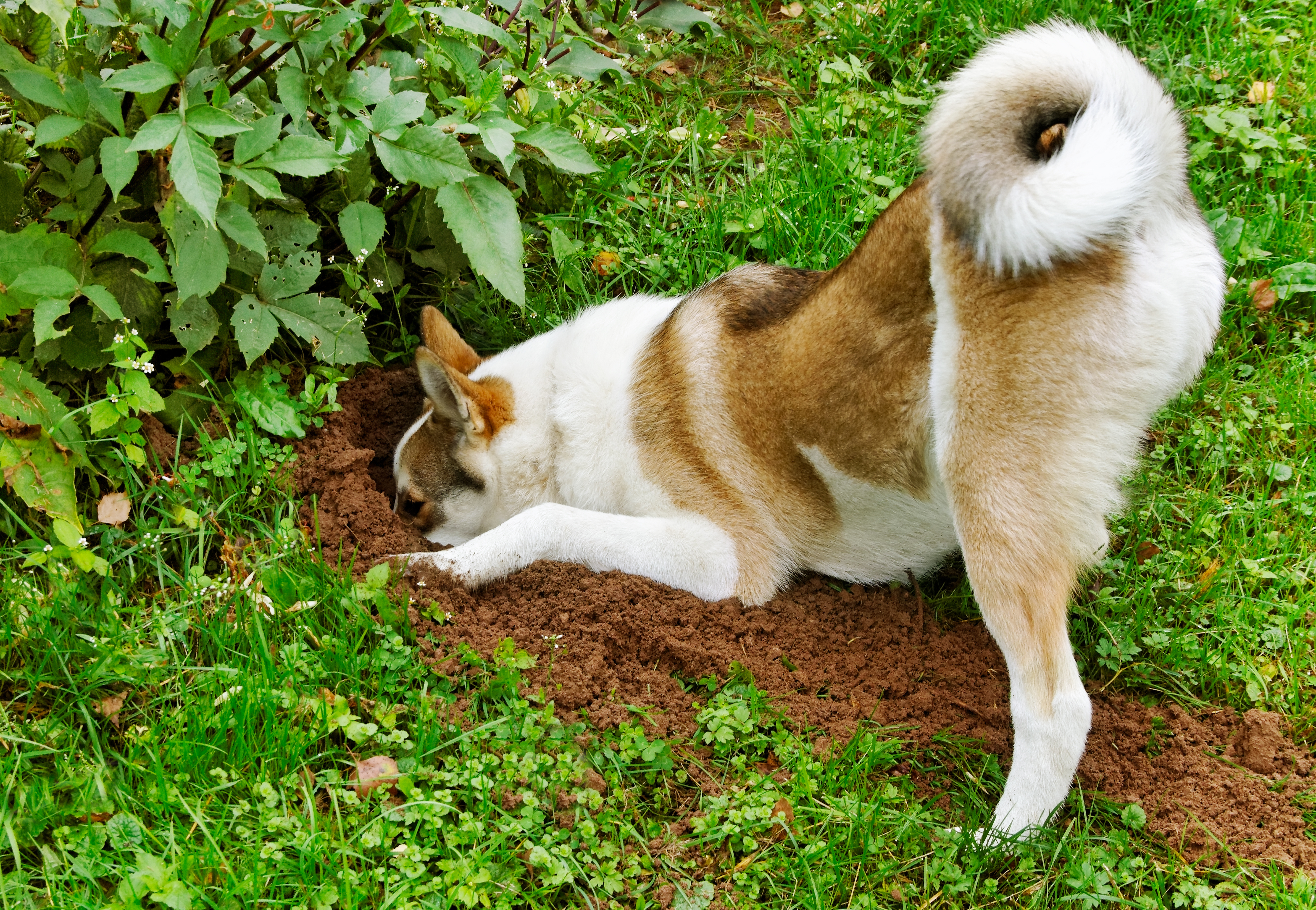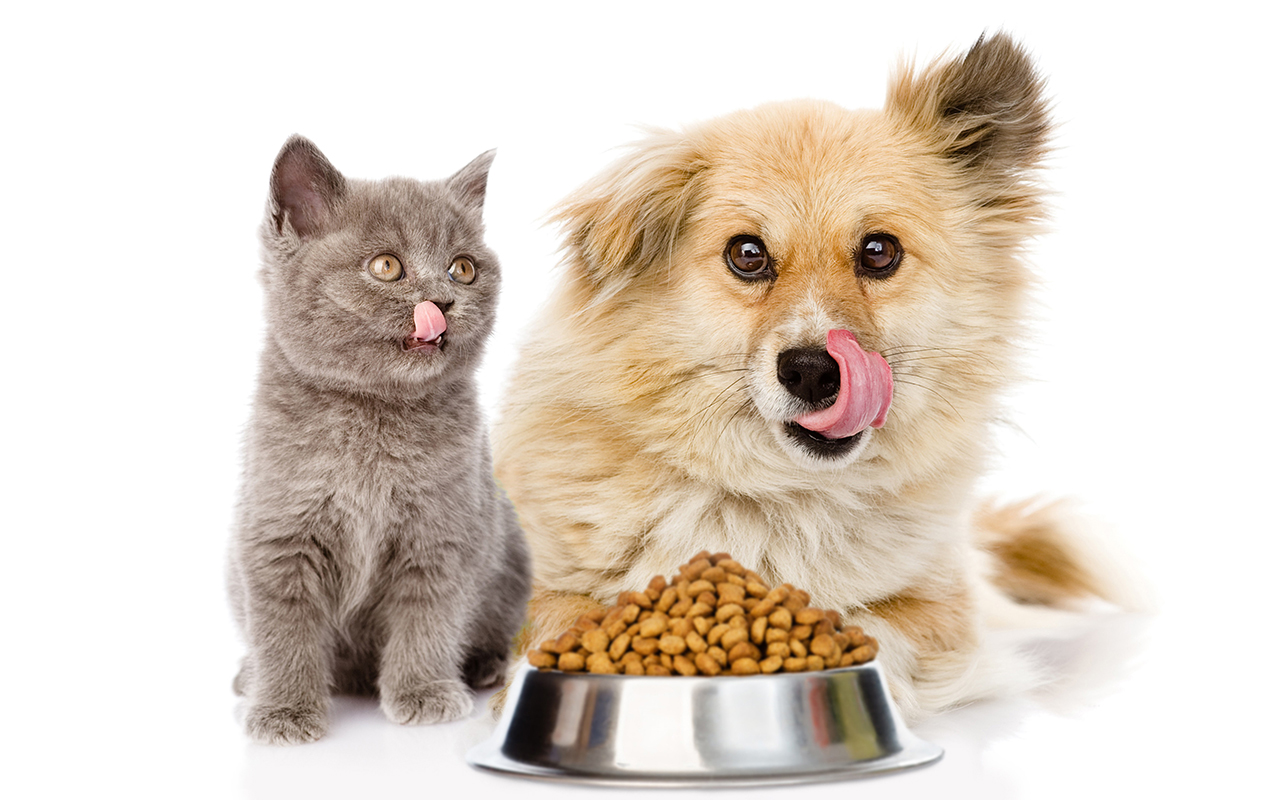
Understanding your furry friend's behavior is essential for nurturing a strong and fulfilling relationship between you and your puppy. Let's explore the intricate language of dogs in greater detail:

Constant barking
Dogs typically use barking as a means to communicate with their owners and other animals. However, when barking becomes incessant, it could indicate underlying issues such as physical discomfort, mental distress, or a sense of insecurity. Reasons for constant barking may vary, including excitement, playfulness, boredom, seeking attention, experiencing stress, or warning of potential danger. It's crucial to pay attention to the context and frequency of your puppy's barking to discern their needs and address any underlying concerns appropriately.

Chewing on something
Chewing is a natural behavior for puppies, serving various purposes such as relieving teething discomfort, exploring their environment, and expending excess energy. However, excessive chewing, especially on inappropriate items, can lead to destructive behavior and pose risks to your home and your puppy's well-being. To mitigate this behavior, provide your puppy with suitable chew toys and engage in interactive play sessions to redirect their chewing instincts positively. Consistent training and reinforcement of boundaries can also help establish appropriate chewing habits.

Biting
Puppies may exhibit nipping or biting behaviors during play or out of fear and instinctual responses. While it's natural for puppies to explore the world with their mouths, it's essential to teach them appropriate bite inhibition and discourage excessive biting as they mature. Training your puppy to understand acceptable boundaries and providing alternatives for mouthing behaviors can promote positive interactions and prevent biting incidents as they grow older.

Yawning
Although yawning commonly signifies tiredness or relaxation, it can also convey stress or discomfort in dogs. Pay attention to the context in which your puppy yawns, especially in unfamiliar or potentially stressful situations. Introducing new people or environments gradually and offering reassurance can help alleviate your puppy's anxiety and create a sense of security.
Bad breath
Unpleasant breath odor in dogs may indicate oral hygiene issues or underlying health problems affecting the mouth, digestive system, or internal organs. Regular dental care and veterinary check-ups are essential for maintaining your puppy's oral health and overall well-being. If you notice persistent or unusual breath odor, consult your veterinarian promptly to address any potential health concerns and ensure appropriate treatment.
Circling in one place
While some circling behavior is normal for dogs, excessive or repetitive circling may signal underlying health issues such as neurological disorders or ear infections. Additionally, certain medical conditions or injuries could contribute to abnormal circling behavior. If you observe persistent circling or other unusual movements in your puppy, seek veterinary attention to evaluate and address any potential health issues promptly.

Digging
Digging is a natural behavior rooted in a dog's instinctual drive to explore, hunt, and create comfortable resting spaces. While some level of digging is normal, excessive or destructive digging may indicate boredom, anxiety, or unmet exercise needs. Providing appropriate outlets for digging, such as designated digging areas or interactive toys, can help redirect your puppy's energy positively and prevent destructive behaviors. Additionally, regular exercise and mental stimulation are essential for promoting your puppy's physical and emotional well-being.
By understanding and interpreting your puppy's behaviors effectively, you can strengthen your bond and cultivate a harmonious relationship built on trust, communication, and mutual respect. Regular observation, patience, and proactive care are key to ensuring your puppy's happiness and overall quality of life. If you have concerns about your puppy's behavior or health, don't hesitate to consult with a professional veterinarian or animal behaviorist for guidance and support.




Comments